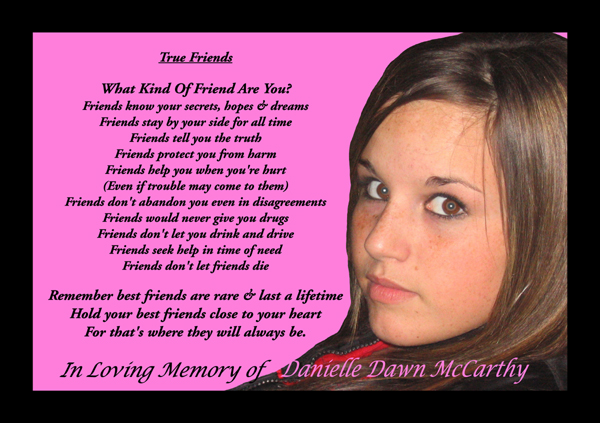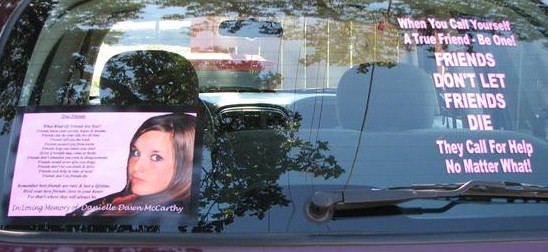|
Click on any of the above to see more
|
Crime
Victim Compensation
If you have been injured or your property has been
damaged or stolen as a result of a crime you may be able to get compensation
in a number of different ways.
If you think you may qualify for compensation.
It is advisable to make a note of the following:
Any extra expenses that you have had as a result
of the offence, for example medical expenses or the cost of repairing
or replacing your property.
Any loss of earnings you have suffered.
Any income that you have received as a result of the offence (for
example DSS benefits).
Always keep any relevant receipts, estimates
or other documents.
Compensation
from the offender
If someone is caught and
convicted the criminal court may order the offender to pay you compensation
for any injury, loss or damage which you have suffered because of the
offence. You cannot apply for a compensation order yourself so it is
important that you tell the police if you would like to receive compensation.
You should give them accurate details of your losses with documentary
evidence for example receipts where possible. The police will then pass
this information on to the CPS who will make sure that the court knows
about it.
You can be compensated for personal injury; losses
through theft of, or damage to, property; losses through fraud; loss
of earnings while off work; medical expenses; travelling expenses; pain
and suffering; loss, damage or injury caused by a stolen vehicle.
The dependants of a victim who has died (other
than as the result of a road traffic incident) may also receive compensation,
for example, through the courts or from the Criminal Injuries Compensation
Scheme (see below).
The court has to consider compensation in every
appropriate case and decide whether to order an offender to pay compensation,
and if so, how much. The court must take account of the offenderís circumstances
and ability to pay. If the court does decide to make an order it may
not be for the full amount of your loss.
If the court decides to make an order against
the offender he or she will be required to pay the money to the court
which will pass it on to you. If the offender has enough money the compensation
will normally be paid in a lump sum. In most cases, however the court
will allow time for the offender to pay, or may allow the offender to
pay by installments. It is the job of the court to make sure that the
offender pays the compensation. If you have any questions about the
compensation order or the way it will be paid to you, you should contact
the clerk of the court. Do not contact the offender directly.
Criminal
Injuries Compensation Scheme
If you have been injured
because of a violent crime, for example a physical assault or sexual
offence, you can apply for compensation under the Criminal Injuries
Compensation Scheme. It does not matter whether the offender has been
caught, but there are other rules which will determine whether or not
you receive compensation.
More information is available from the
CICA website www.cica.gov.uk or you can call free on 800 358 3601. The
lines are open from 9am to 8pm Mondays to Fridays, and from 10am to
6pm on Saturdays.
CICA works closely with organizations such as Victim
Support and your local branch can explain how you make your claim. They
can give you an application form and guidance documents and can help
you to fill out the form.
Civil
dings
Whether or not the offender is convicted in
the criminal courts, you can sue him or her for damages in a civil court.
You can find out more about this at your Citizens Advice Bureau or by
asking a solicitor.
Motor Insurersí
Bureau
If you suffer injury or loss or damage to
property as a result of a road traffic incident, compensation will normally
be payable under insurance arrangements. Where the offender is untraced
or uninsured, compensation may be available from the Motor Insurersí
Bureau.
If you should succeed in getting compensation in two or more
ways, for example from a criminal court and through the Criminal Injuries
Compensation Scheme or the Motor Insurersí Bureau, the award may be
reduced to avoid double payment. You canít get compensation twice for
the same thing from public funds.
Making a claim
Should you wish to make a
claim you should seek advice from a solicitor or other agency, such
as the Community Legal Service. From their website you can also search
for the name of a solicitor or advice agency near you. You can also
search for legal information and advice. For civil cases, the Legal
Services Commission will only pay solicitors and other organizations
to provide initial help if they can meet certain standards.
You may
also write direct to the organization concerned to pursue your claim.
If you have been the victim of a crime go to
the Victimís Charter for information about your rights within the Criminal
Justice System and how to get support.
Other Helpful Sites:
http://www.ojp.usdoj.gov/ovc/help/links.htm
http://www.trynova.org/victiminfo/victimizationhelp/whoisavictim.html
http://www.ojp.usdoj.gov/ovc/help/progdir.htm
Friendsdontletfriendsdie.com Copyright
2007
|


